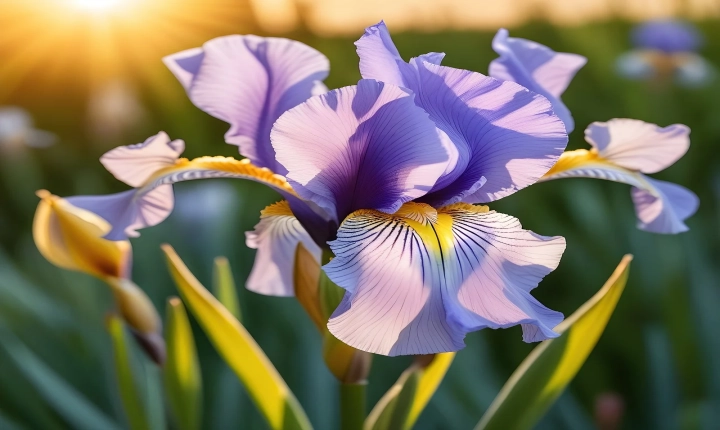Title: Can ChatGPT Send Pictures? Exploring the Capabilities of AI Chatbots
Artificial Intelligence (AI) has made significant advancements in the past decade, particularly in the field of natural language processing. Chatbots, such as OpenAI’s ChatGPT, have become increasingly sophisticated in their ability to understand and respond to human language. However, one question that often arises is whether chatbots like ChatGPT can send pictures.
ChatGPT, a language model developed by OpenAI, is not inherently designed to send or receive pictures. Its primary function is to process and generate text-based responses to user input. While it excels at understanding and generating human-like text, it does not have the capability to process visual information in the same way that humans do.
Despite its limitations in handling images, there are ways to work around this constraint when interacting with ChatGPT. One method is to describe the picture in detail when engaging with the chatbot. By providing a thorough description, users can communicate the visual content to the AI, which can then respond based on the information provided.
Additionally, there are other AI models developed specifically for image processing, such as OpenAI’s DALL·E, that can generate images based on textual input. These models use advanced algorithms to understand and interpret textual descriptions and then generate corresponding visual content. While this is a separate capability from ChatGPT, it demonstrates the broader potential of AI to understand and process both text and images.
It’s important to note that while AI technologies like ChatGPT are continuously evolving and improving, they are still limited in many ways. As of now, sending or receiving pictures directly through ChatGPT is not a built-in feature. However, it’s possible that future iterations or complementary models may expand the capabilities of AI chatbots to include visual content.
As AI continues to advance, it’s likely that the integration of text and image processing will become more seamless. The ability to convey visual information through chatbots could open up new opportunities for communication and interaction in various domains, from customer service and education to entertainment and creative expression.
In conclusion, while ChatGPT does not have the native capability to send pictures, it represents a significant step forward in AI’s ability to understand and respond to human language. As the field of AI continues to progress, we can expect to see further advancements that may eventually enable chatbots to handle visual information more effectively, enhancing the overall user experience and broadening the scope of AI applications.
